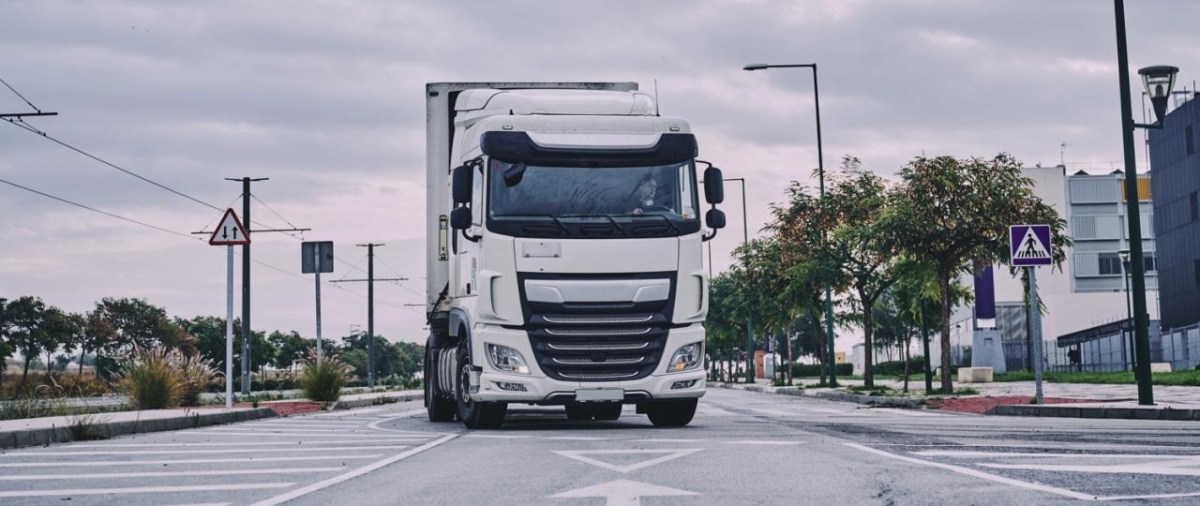Leading location data and technology platform, HERE Technologies announced a new commercial fleet analytics tool that predicts the amount of carbon emissions per route based on factors including vehicle and fuel type, traffic conditions and physical road attributes.
First announced in January 2022, CO2 Insights also recommends the most appropriate commercial vehicle with the most appropriate engine, whether that be diesel, electric, bio-gas or hydrogen to produce the least CO2 for any given route.
Retailbiz spoke to HERE Technologies general manager of Australia and New Zealand, Daniel Antonello to learn more about CO2 Insights and increasing demand for more sustainable solutions in the transport sector.
“The technology used for CO2 Insights remains in pilot phase. It was initially developed and co-created with Swiss-based supermarket chain, Migros because they wanted to reduce their environmental impact,” Antonello explained.
“We combined our technology with their delivery fleets. Migros set an ambitious target of a 70% reduction in CO2 output over nine years and they’ve been able to reduce their output by 10% in the first year, which is a magnificent effort given Migros has over 2,000 trucks on the road.”
It is possible for transport providers to estimate their carbon output using online tools that calculate it based on distance, average travel time and fuel consumption, but according to Antonello, “estimates just aren’t good enough”.
“If we’re going to be serious about carbon reduction, businesses need accuracy when it comes to their emissions. Our technology calculates highly accurate emissions output based on actual routes taken – not planned routes or assumptions. I believe our technology is a first in the market for providing this level of accuracy from point to point at the scale we do across 200 countries,” he said.
“Plan versus actual is always different because there might be missed deliveries or people who are unavailable. We’re proud to provide customers a real-time traffic flow which gives up to the minute updates on travel conditions to find the most optimal route based on the conditions.”
Antonello believes businesses need to find the right balance between managing customer requirements to deliver goods in an efficient timeframe, but also in the most environmentally friendly manner.
“In the context of the supply chain, there is a clear focus on three components – the first mile (preparation and pre-planning), the middleman (warehouse to warehouse) and the last mile (final package delivery) – and it’s all about how I get a product to the customer in the most efficient manner,” he said.
“Traditionally, efficiency was about time or the quickest route, but it isn’t always the most sustainable approach. Sending a truck out to meet a delivery window may serve one purpose to deliver the package on time but the impact on the environment is damaging.
“More recently, we’re seeing a massive trend from transport providers to be more sustainable in how they deliver and go to market because end customers are demanding it. This means sending full fleets out to reduce the number of vehicles on the road, and location technology plays a big role to ensure the delivery truck is optimised to get the packages in the most efficient manner.
“For any retail executive, the number one topic is sustainability. It’s not a simple shift from diesel to electric. This may be one small change, but businesses are now interested in measuring their carbon footprint because they aren’t aware of what it is.”
However, it’s not a matter of build and release with location technology; there’s continual updates and refinement, particularly for local market requirements and keeping the technology accredited because it requires an ISO certification or DIN certification.
“I believe the transport industry will be fast adopters of our technology to meet ESG or sustainability goals. There is a return on investment as their existing customers will reward them by staying loyal and being environmentally friendly will also attract new customers,” Antonello said.

